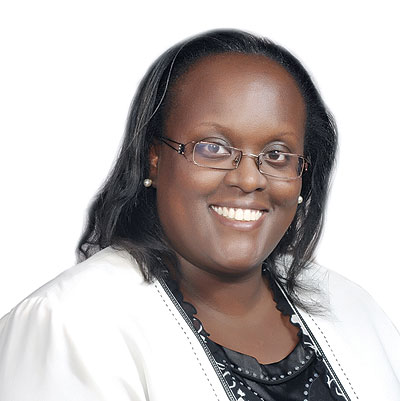Iencountered auditors for the first time during my campus internship at a hospital several years ago. I knew about the auditing profession and had aspirations of becoming a part of it, but I had never experienced or participated in an audit.


Iencountered auditors for the first time during my campus internship at a hospital several years ago. I knew about the auditing profession and had aspirations of becoming a part of it, but I had never experienced or participated in an audit. During my internship, however, the opportunity presented itself, but not in the way you would imagine. Here is what happened… It was around January or February, when I noticed a growing tension among my colleagues. They had been fairly laid-back and at ease in the short time I had known them, but not anymore; smiles ’disappeared’ and people looked tormented. The previous sense of camaraderie was replaced by silence and short tempers. The frequency of information requests from bosses also increased. Reports that submitted were sent back with multiple corrections and requests for clarifications. While sending and reviewing reports was a normal part of the office routine, the tone had changed with bosses appearing to be on the war-path and recipients becoming increasingly defensive. This charged back-and-forth interaction increased the uneasiness among employees. From the vantage point of my desk, which was near the pathway, I noticed staff passing by with brown packages. A further probe indicated that the packages contained medication for various ailments, such as headaches, indigestion and flu. This continued for several weeks, but kept wondering what was going on. At last I got the courage to ask someone what the problem was. The answer still resonates in my ears to this day: "The auditors are coming!” she said.This left me perplexed. I wondered why my chosen profession was causing people such anguish. I certainly hadn’t covered this in my studies at school. Over time, I observed similar incidences, though at a much lesser degree, but nonetheless kept seeing the anxiety that came with audits and auditors, whether internal or external. I often asked myself why there was a general dread of audits and auditors. Was it because people had had negative experiences with auditors in the past or was there a misconception of what an audit actually is? When I subsequently joined the profession and trained as an auditor, I found nothing that could have inspired such panic. I also realised that there were standards, principles and a code of conduct that guided auditors and which guard against purposefully intimidating behaviour. I realised then that the causes of anxiety could have been the result of past experience with ill-advised auditors, as well as misconceptions of what an audit is about. An audit, in a layman’s language, can be defined as a systematic examination or evaluation of the quality or standard of something, with an aim of giving an independent view of its validity or reliability to a concerned party. It is an independent assessment by a third party to assure a person with vested interests that all is well in an organisation, project or any other object of an audit. Auditing is a noble profession that seeks to foster accountability, and one that should not be feared, as long as due process is followed. What am I saying? There is a way to work together during audits, both internal and external, to attain maximum value for our organisations. As long as auditors abide by standards and principles, and those responsible for businesses put in place sound governance structures, manage risk appropriately and foster a positive control environment, anxiety over the coming of auditors can be a thing of the past. There is no reason for one to be anxious unless they have intentionally gone against due process to compromise stakeholders. So long as your objectives and those of the organisation are in synch, there is nothing to fear about audits, but only constructive, value-adding feedback to gain. The writer is a risk assurance services manager at PricewaterhouseCoopers Rwanda




